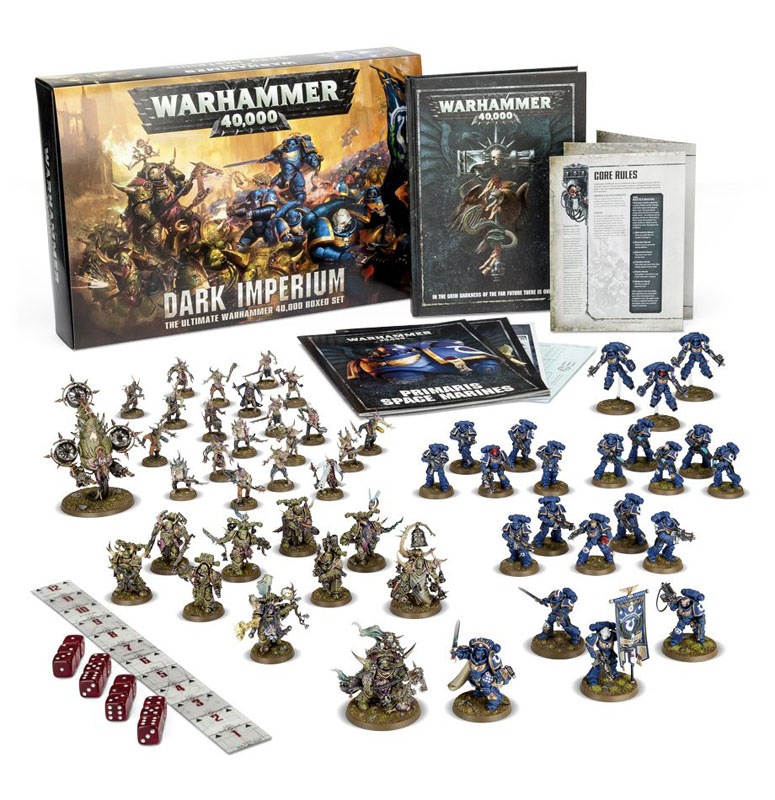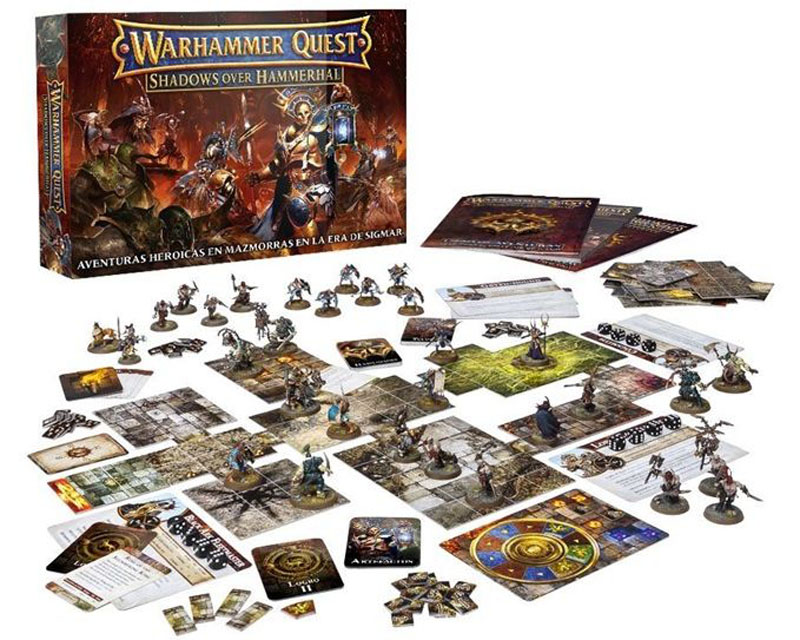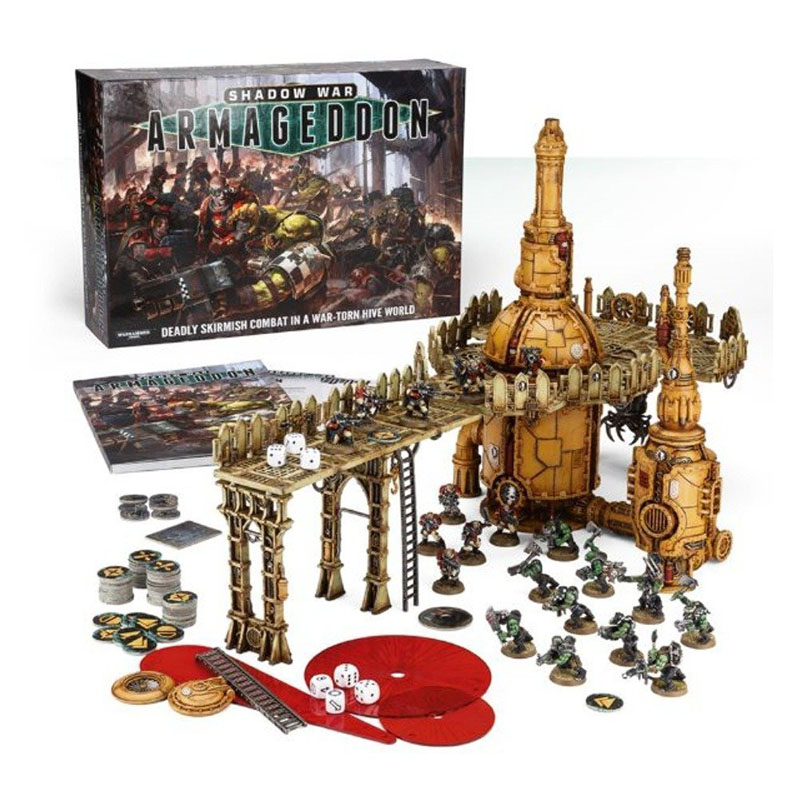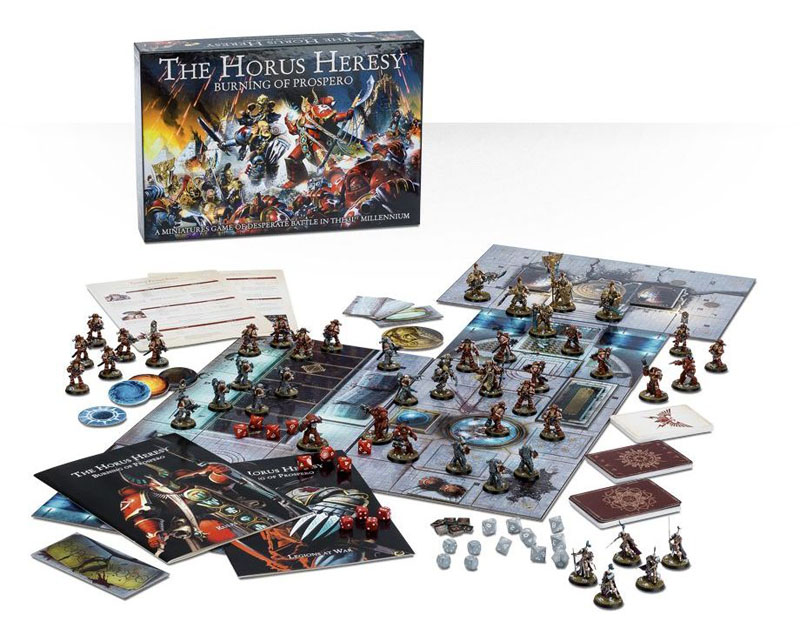This year was very intense for Warhammer 40000. Sure, that’s because of the new edition launch. Besides, Games Workshop has released many other games and changed the direction in general. So, we are going to discuss all this stuff now. Maybe, you won’t find much new if you constantly follow Warhammer 40K news, but if you think, you’ve missed something, this article is for you.
You can think anything about the 8th edition, but the fact that it has radically turned over all the game mechanics is irrefutable. There were no such great changes for a long time. It looks especially huge comparing to the 6th vs 7th editions changes. It’s also important to mention a huge timeline move. For the first time since the beginning of the 13th Black Crusade. Now there are a lot of vivid changed in the Galaxy. In addition to the general gameplay changes, this edition abolished all rules for the armies at once. A brave and necessary change – the way things used to work before, has led 40K to the abyss of imbalanced rules so deep it was impossible to change anything without destroying the whole system.
It gave completely new gaming experience to all the players. Everyone had to learn, adapt and change tactics. Which affected GW financial records. Many miniatures which you would hardly ever see on the table before, now are out of stock because everyone wants to get them. Many players had to get new miniatures even for the complete collections. So, no wonder that finance records for the second semester show the numbers close to the whole last year’s ones. And it’s nice both for the players and for GW. The players are ready to pay for the new gaming experience and the company is ready to stimulate new gameplay experiments and give new possibilities and tactics.
Not least, such results were achieved thanks to a new methodology for working with the community of players. GW started the course of "humanizing" the company last year, and this completely turned its face to the players. Rapid reaction to Facebook comments, regular streams with stories about the rules, playtests, and news, those masterpieces of advertising - all this really turned the players towards the company. Warhammer itself has changed from the bulky and extremely slowly changing system into a living organism, ready to admit its mistakes and to change as often as it’s needed. The number of FAQ’s to the new rules is just off the scale. In this case, many changes in the rules are based on the reaction of players. Needless to say - the Chapter Approved, which significantly complements the general rules and corrects the balance, came out only six months after the new edition.
However, not everything goes smoothly. The rules are still not always logical, and the balance, which appeared on the horizon before the first codices appeared, did not happen. Codices are coming out fairly quickly, but they don’t always look interesting. Some of them have really special rules reflecting the specialties of the faction. But some include universal rules, same with other books. That’s because GW tries to release them as quick as possible. Since the beginning of the edition, 10 codes have already been released, as promised. However, only half of them is really special and interesting. It's not about playability - practically all factions have their own competitive solutions. The problem is their diversity. Having a whole book of units, you are forced to give up half of them, simply because it is unclear how to apply them, and because the others are obviously too much better. There are many examples, and you can find them in our reviews of the latest published codices. It is clear that all the problems are because of the hurry - with such a drastic change of edition, it was simply necessary to give players new tools as soon as possible. Perhaps, it would be better to increase the team engaged in the development of new rules and diversify the process somehow? In the coming year, we expect, mainly, xenos codices, because the Imperium and Chaos are almost covered. Therefore, the standard rules will be completely unacceptable.
In addition to 40K, the GW team has been actively focusing on the other games this year - which is the resurrection of games like Blood Bowl and Necromunda. Perhaps, sometimes, with too much attention. Of course, they contribute diversity and are interesting themselves, but everyone understands that they are of little interest as separate games - usually, they are played either by those who already play the full-scale Warhammer or those who will go to it in the future. It is clear after all that the big Warhammer is the main cash cow for GW, and the goal of any separate mini-game is to lure the beginner into it. In addition, even despite a good PR, after the release, not all of these games feel good now. We already wrote about the sad fate of Shadow War: Armageddon, in fact, destroyed by a new edition and recently released Necromunda. The hype around Warhammer Quest lasted longer - even the second separate part and rules for existing miniatures came out, but it also came to naught, because, as practice showed, the majority bought this box only for the sake of miniatures. And nobody remembers the games about assassins and the Death Watch by now.
This leads to a completely logical conclusion - probably, we don’t need so many separate board games. We don’t need more content for 40K either since not all players manage to keep pace with the current release speed. But what is really needed is the depth of elaboration of rules and balance. While the existing problems have not yet been consolidated, and can still be changed with the minor actions, it is very important to pay attention to it in time. Otherwise, we are again waiting for a full restart of the system. Or even the end of times.




